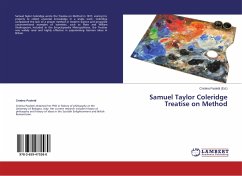Even if [Bentham and Coleridge] had had no great influence they would still have been the classical examples they are of two great opposing types of mind. . . . And as we follow Mill's analysis, exposition and evaluation of this pair of opposites we are at the same time, we realize, forming a close acquaintance with a mind different from either. From the introduction
Hinweis: Dieser Artikel kann nur an eine deutsche Lieferadresse ausgeliefert werden.
Hinweis: Dieser Artikel kann nur an eine deutsche Lieferadresse ausgeliefert werden.








